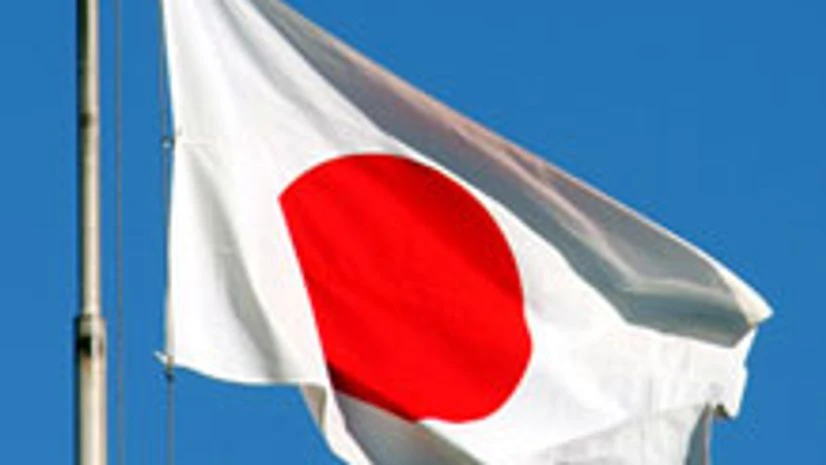Annual household spending in Japan fell for a fifth straight month in August and factory output unexpectedly declined, highlighting the challenges policymakers face to revive an economy reeling under the strain of a sales tax hike.
The one bright spot came in data showing the jobless rate fell in August, while the availability of jobs stayed at a 22-year high, suggesting that improvements in the job market will ease some of the pain on households.
Household spending fell 4.7% in August from a year earlier, data by the internal affairs ministry showed, more than a 3.8% drop forecast in a Reuters poll, weighed by an April 1 sales tax hike to 8% from 5%.
Although the Bank of Japan is in no mood to deploy additional easing anytime soon, a run of soft data is raising doubts about the central bank's conviction that inflation will reach its 2% goal by around mid-2015.
To that extent, the BOJ's key tankan corporate survey, due on Wednesday, will be closely scrutinised by central bankers at the rate-setting meeting next week.
The headline index for large manufacturers in the BOJ tankan is viewed as a leading gauge of economic growth, while capital spending plans offer clues on the strength of business activity.
More From This Section
The April tax hike, which drove the economy into its biggest slump since the global financial crisis in the second quarter, is keeping up pressure on the BOJ to ease again eventually.
The government may also be forced to compile a stimulus package if weakness persists, as Prime Minister Shinzo Abe must decide by year-end whether to proceed with a second sales tax hike planned for next year.
Factory output also reflected the struggles faced by companies, which have been saddled with a pile of inventories due to weak demand both at home and abroad.
Trade ministry data showed industrial output fell 1.5% in August, as hopes for solid bounce remained elusive after the post-tax hike slump.
The fall compared with economists' median estimate for a 0.2% increase in a Reuters poll. It followed a 0.4% rise in July and a 3.4% drop in June, which was the biggest decline since the March 2011 earthquake.
Manufacturers surveyed by the ministry expect output to rise 6.0% in September but decrease 0.2% in October.
Despite a flagging economy, the BOJ remains confident that a tighter labour market and improving income conditions will spur private consumption that accounts for about 60% of the economy, keeping it on track to meet the 2% price goal.
Separate data showed the jobless rate stood at 3.5% in August, down from 3.8% in July, with the jobs-to-applicants ratio unchanged at a 22-year high of 1.10.
Japan's economy shrank at an annualised 7.1% in the second quarter, the deepest slump since the 2009 global financial crisis as April's tax hike took a heavy toll on domestic demand.
Analysts and policymakers expect the economy will rebound in the current quarter, though some warn that the recovery may lack strength and wane later this year if the tax pain drags on.

)
